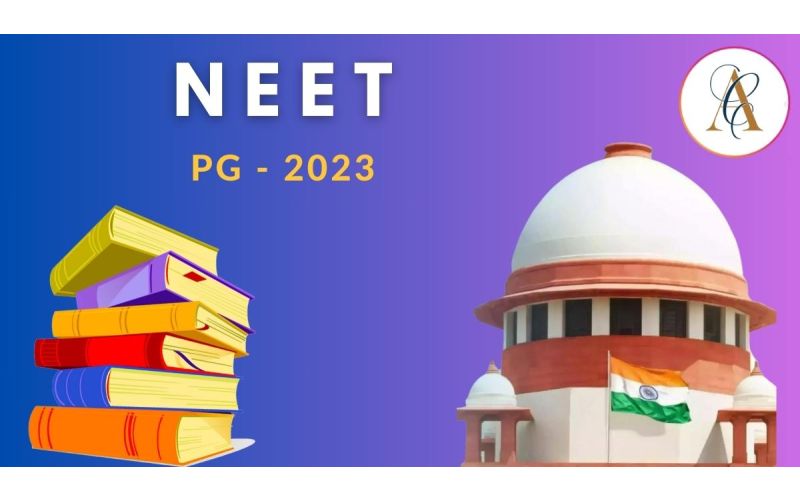Indian Penal Code

Indian Penal Code
The Indian Penal Code (IPC) is the official criminal code of India. It is a comprehensive code intended to cover all substantive aspects of criminal law. The code was drafted on the recommendations of the first law commission of India established in 1834 under the Charter Act of 1833 under the chairmanship of Thomas Babington Macaulay. It came into force in India during the British rule in 1862. However, it did not apply automatically in the Princely states, which had their own courts and legal systems until the 1940s. The code has since been amended several times and is now supplemented by other criminal provisions.
After the partition of India, the Indian Penal Code was inherited by India and Pakistan, where it continues independently as the Indian Penal Code and Pakistan Penal Code. After the independence of Bangladesh from Pakistan, the code continued in force there. The code was also adopted by the British colonial authorities in Colonial Burma, Ceylon (modern Sri Lanka), the Straits Settlements (now part of Malaysia), [[Singapore in the Straits Settlements Singapore and Brunei, and remains the basis of the criminal codes in those countries…
Source
Post Categories
Featured Posts
Latest Posts
Latest Posts

Insurance Companies Must Deal In A Bonafide Fair Manner Should Not Just Care For...
The Supreme Court observed that an insurance is expected to deal with the insured in a bonafide and fair manner and should not just care for and cater to its own profits It is the duty of the insurance company...

NEET-PG Supreme Court Dismisses Plea Challenging Reduction Of NEET-PG Qualifying Percentile To Zero...
The Supreme Court on Monday September dismissed a petition challenging the decision of the Union Government to reduce the cut-off for post-graduate medical college admissions through NEET-PG exam as zero percentile A bench comprising dismissed a PIL filed...

Members Of Railway Protection Force Can Seek Benefit Under Employees Compensation Act Though RPF...
The Supreme Court on Monday held that an officer of the Railway Protection Force RPF can seek compensation under Employees Compensation Act even though the RPF has been declared to be an armed force of the Union ldquo in...

Cheque Bounce Case Can Be Quashed U S Only If Amount Is Patently Non-Recoverable...
The Supreme Court observed that the question whether a cheque was issued towards a time barred debt is to be decided on evidence ldquo It is only in cases wherein an amount which is out and out non-recoverable towards which...

Protecting Your Rights in Family Law Matters Legal Solutions for NRIs...
Navigating family law matters can be especially challenging for Non-Resident Indians NRIs who may face unique legal complexities Whether dealing with divorce child custody or property disputes understanding your rights and available legal solutions is crucial Here are some key...

Deactivated Mobile Number Not Assigned To New User For Days TRAI Tells Supreme Court...
The Telecom Regulatory Authority of India TRAI has told the Supreme Court that once a cellular mobile telephone number is deactivated for non-usage or disconnected on the request of the subscriber it is not allocated to a new subscriber for...

Speak With Our
Get a Appointment
















